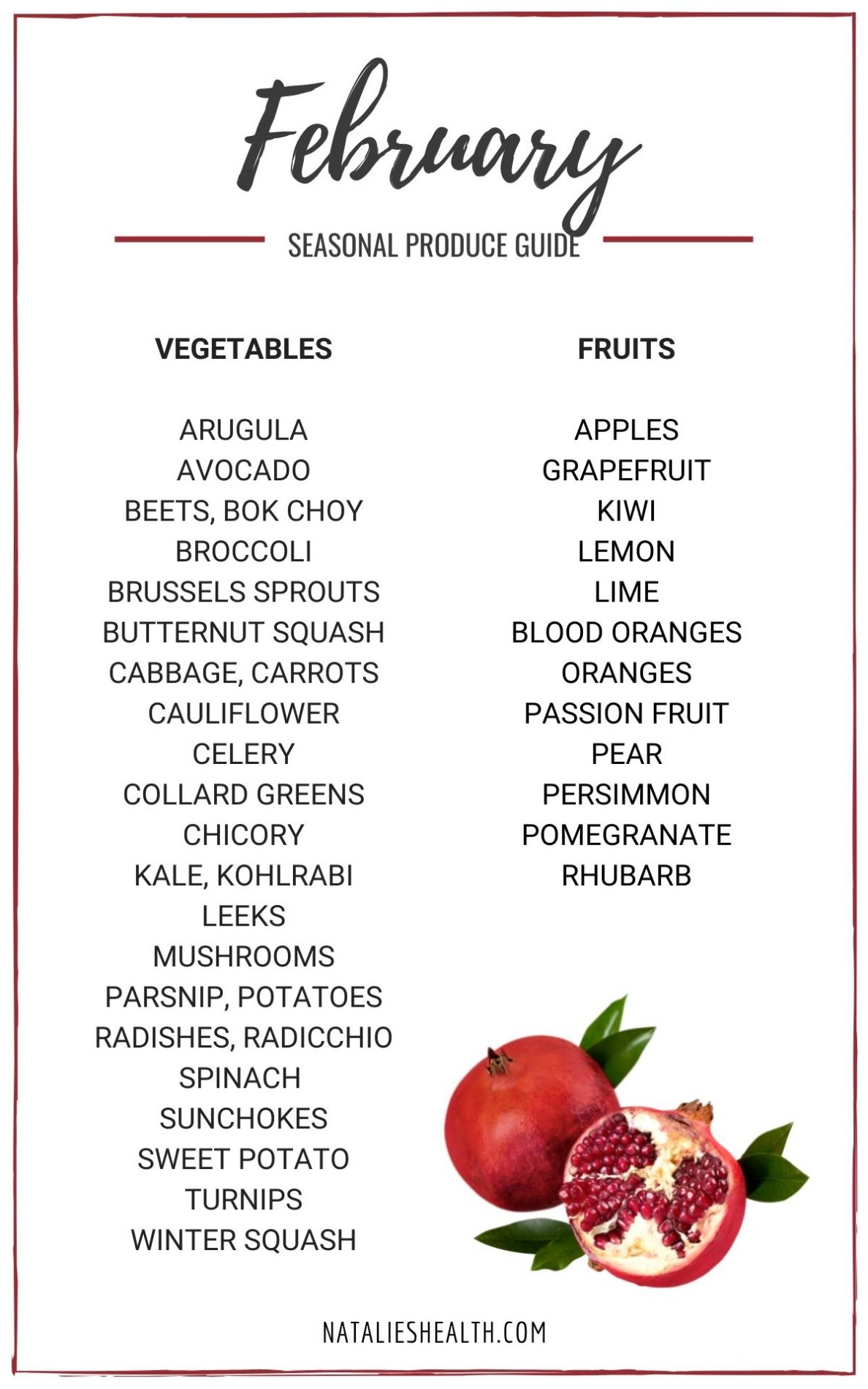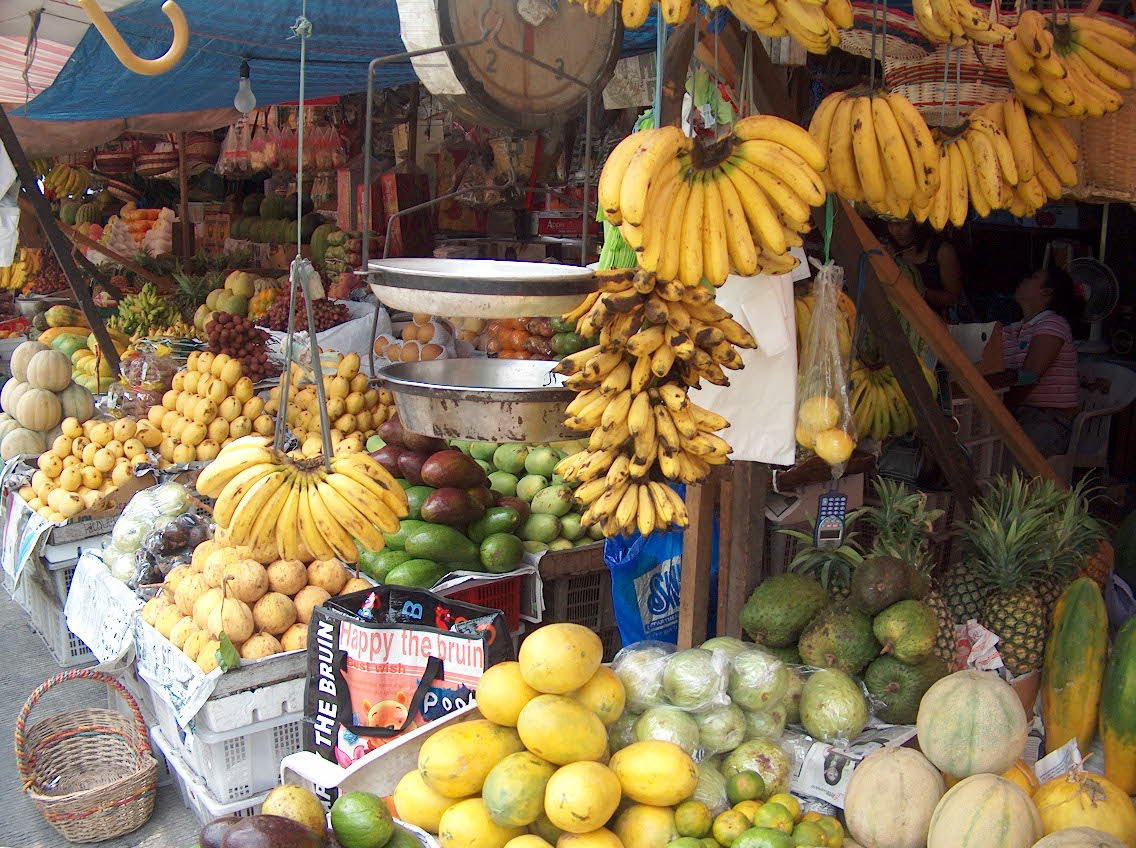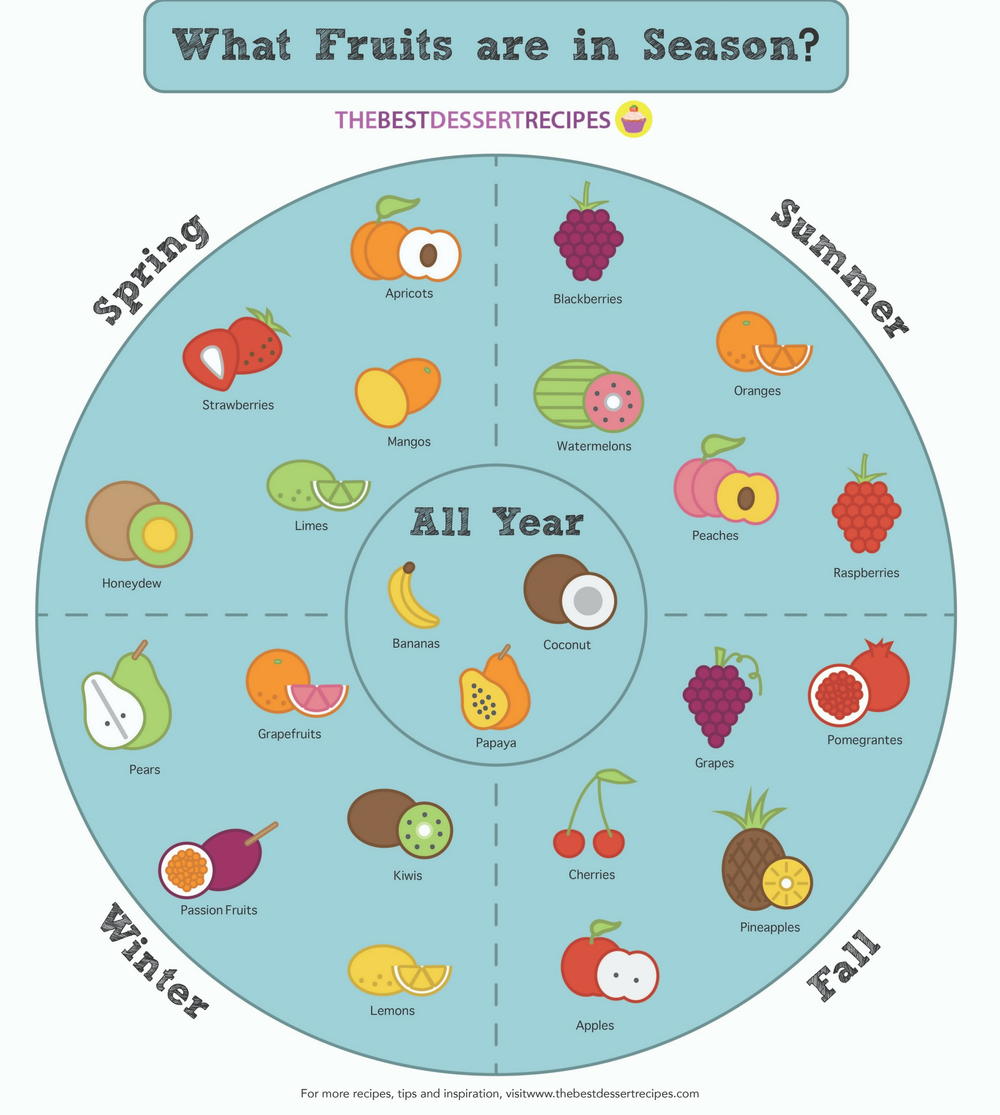Pinoy Fruits And Their Seasons Bitesized.ph

What's in season February Seasonal produce guide with recipes!
This fruit is commonly found in tropical climate countries including the Philippines. The fruit grows in clusters, pale brown or sometimes gray-yellow skin and juicy and white translucent inside. Lanzones contains high nutritional value, as it contains an abundant amount of antioxidants, vitamin B, and fiber. Atis (Sugar-apple)

Which fruit is in season in what month Fruit in season, Fruit, Fruit
The Lanzones fruit is celebrated on the southern island of Camiguin. Where once a year, they celebrate its harvest with the Lanzones festival. Usually around October. Be aware that due to over harvesting the festival now only uses real lanzones once ever two years. 2013 is the next year when fruit will be harvested for the festival.

Enjoy Your Fruits! — Theresa Wright — Renaissance Nutrition Center, Inc.
Fruits Available in July to September. 1. Durian - A unique tropical fruit, Durian is high in nutrients and antioxidants. It can help reduce cancer risk and prevent heart diseases. 2. Lanzones - Rich in fiber, Lanzones can cure diarrhea and other digestive problems. It also contains Vitamin A and is good for maintaining a healthy eyesight.

Seasonal Fruit Chart Great way to shop seasonally and add variety!
The Philippines is one of the most naturally-blessed countries in this part of the world. Not only does it have thousands of islands with beautiful beaches and many other awe inspiring natural formations but the Philippines is also blessed with rich natural resources including fruits and vegetables that are either seasonal or grow all year round.

Evolving with Mary What's in Season this Month? Vegetable seasoning
MANILA, Philippines — If there are duhat trees in the neighborhood, you will easily know when duhat is in season because the dark, grape-like fruits grow in thick bunches on the branches and.

Fruits Season Chart By Month Health Prevention Pinterest
Rambutans, coming from the Malay word "rambut" which means hair, have unique appearances. Coming in different hues of red, yellow, and orange, this fruit has hair like strands that stick out from its outer shell. Coming from the same family as the longan fruit, you get a sweet fruity taste with every bite. Rambutan is definitely a must try.

A seasonal produce guide highlighting fruits and vegetables that are at
In a tropical country like the Philippines, there are many fruits that locals can savor all year long. One of these is the banana.. although the number of fruits may change depending on the season.. the fruits of this tree should be harvested nine months or less after flowering for young coconuts, 10 months for bukayo production, nine to.

Filipino Cooking Lessons, Coco's Garden Guest Room Manila, Historical
Coconut fruits are harvested in different stages of their maturity depending on the purpose. As mentioned in the code of Good Agricultural Practices (GAP) for coconut by the Bureau of Agriculture and Fisheries Standards (BAFS), the fruits of this tree should be harvested nine months or less after flowering for young coconuts, 10 months for bukayo production, nine to 11 months for macapuno, and.

Fruits in Season Philippines, March to April YouTube
This tropical fruit, which is also known as cotton fruit, is in season in the Philippines from July to October and offers a unique flavor combination of sour and sweet. While the outer skin can taste a bit bitter, the inner flesh is cottony and delicious.. Another fruit that is in season during the summer months is the rambutan. Rambutan is.

a large poster with many different types of food on it's sides
In fact, the Philippines is one of the world's top exporters of bananas, along with other tropical fruits including coconut and pineapple. There are more than 5 varieties of bananas in the country with lakatan, latundan, saba, and cavendish being the most popular. Banana is available year-round in the Philippines.

Pin on Food And Nutrition
5 Melons. Whether it's the cantaloupe or the honeydew, when this sweet fruit becomes available, it may be the signal that summer really is here. Most of the more common melons are those with the tan, net pattern all over its rind. These round fruits are so plentiful, you'll see its flesh scraped into one of the summer's most refreshing.

Fruits by Month Guide Cook Smarts in 2023 Cook smarts, Healthy food
Lomboy Farms in Bauang, La Union has been around since 1972 and is considered the pioneer in Philippine vineyards. The 20-hectare farm grows over 50 varieties of grapes! Gapuz Grape Farms in the same area offers vineyard tours a pick-and-pay package where visitors pay for the grapes they harvest. The best time to go is in the summer.

What Fruits Are In Season? A Crazy Family
Caimito (Chrysophyllum cainito) is an extremely common backyard and roadside fruit in the Philippines. It would seem reasonable to assume that it has centuries of history here but it turns out it's only been around for 100 years. A native to the West Indies and Central America, the first seeds/trees were apparently introduced by W.S. Lyon, a horticulturalist with the Philippine Bureau of Plant.

Pinoy Fruits And Their Seasons Bitesized.ph
Harvest season for mangoes is often from March to June. The most common mango cultivars in the country are carabao, pico, katchamita (or Indian), and pahutan. Philippine mangoes have a softer skin compared to those of other countries. Unripe mangoes/ manggang hilaw is also very popular, and is often eaten with bagoong or salt.

Your Seasonal Fruit Chart
Mango (Mangifera indica) Dubbed the Philippine national fruit, mango is the third most important fruit crop in the country. It is in season from March to June, so consume it while it's at its best. Carabao mango, one of the best and sweetest mango varieties in the world, is extensively grown here. It is also the sole Philippine mango variety.

What Fruits Are In Season? A Crazy Family
Choosing seasonal fruits and vegetables is more environmentally friendly than purchasing fresh but out-of-season imported fruit. This reduces the resources needed to transport produce from distant areas, lowering the carbon footprint. 3. It benefits the community. Purchasing locally sourced fruit from farmers' markets and farming cooperatives.